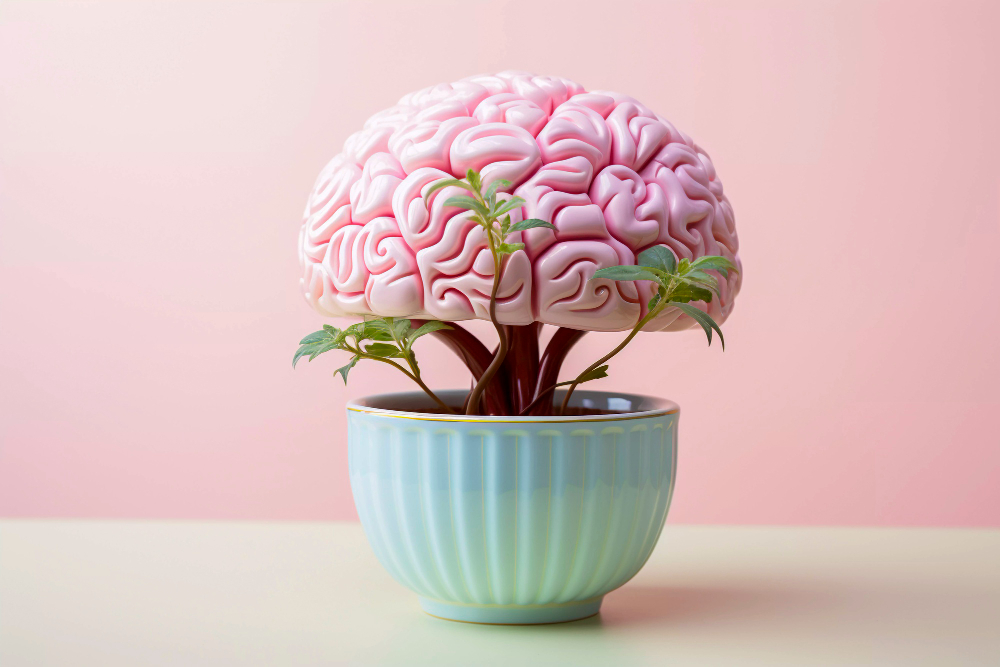Understanding Stroke: A Vital Message for South Africans This Awareness Month
As we observe Stroke Awareness Month in South Africa, it’s crucial to shine a light on a condition that significantly impacts our communities. Understanding the risks, symptoms, and the critical importance of rapid response – is paramount for every healthcare professional and, indeed, every citizen.
Stroke is not merely a medical term; it’s a sudden neurological event that can dramatically alter a person’s life and the lives of their loved ones. In South Africa, the burden of non-communicable diseases, including stroke, is substantial and growing. It’s a leading cause of disability and death, making awareness and education our most powerful tools in prevention and improving outcomes.
What Exactly is a Stroke?
At its simplest, a stroke occurs when the blood supply to part of your brain is interrupted or severely reduced, depriving brain tissue of oxygen and nutrients. Within minutes, brain cells begin to die. This can happen in two main ways:
- Ischaemic Stroke: This is the most common type, accounting for about 85% of all strokes. It’s caused by a blockage in an artery that supplies blood to the brain, often due to a blood clot.
- Haemorrhagic Stroke: This occurs when a blood vessel in the brain ruptures or leaks, causing bleeding into the brain tissue.
Recognising the Signs: The F.A.S.T. Test
Early recognition of stroke symptoms is perhaps the single most critical factor in improving a patient’s chances of recovery and reducing long-term disability. Every minute counts when someone is having a stroke, as “time is brain.” We advocate for the widely recognised F.A.S.T. test, an easy-to-remember acronym:
- F – Face drooping: Ask the person to smile. Does one side of their face droop?
- A – Arm weakness: Ask the person to raise both arms. Does one arm drift downward?
- S – Speech difficulty: Ask the person to repeat a simple sentence. Is their speech slurred or strange?
- T – Time to call emergency services: If you observe any of these signs, even if they disappear, call 112 (or your local emergency number) immediately.
Risk Factors: What Puts South Africans at Risk?
While anyone can have a stroke, several factors increase an individual’s risk. Many of these are prevalent in the South African context:
- High Blood Pressure (Hypertension): This is the single biggest risk factor for stroke. Regular screening and management are vital.
- Diabetes: Poorly controlled blood sugar damages blood vessels over time.
- High Cholesterol: Contributes to the hardening and narrowing of arteries.
- Smoking: Damages blood vessels and increases clot formation.
- Obesity: Linked to high blood pressure, diabetes, and heart disease.
- Lack of Physical Activity: Contributes to obesity and other risk factors.
- Unhealthy Diet: Diets high in salt, sugar, and unhealthy fats increase risk.
- Atrial Fibrillation (Irregular Heartbeat): Increases the risk of blood clots forming in the heart, which can then travel to the brain.
- Excessive Alcohol Consumption: Can raise blood pressure and contribute to other risk factors.
- Family History: A genetic predisposition can increase risk.
It’s important to note the disproportionate impact of stroke on younger individuals and those in economically disadvantaged communities in South Africa, often due to less access to preventative care and management of chronic conditions.
Prevention: Empowering Our Patients
As healthcare providers, even if we don’t specialise in neurology, we play a crucial role in stroke prevention through patient education and promoting healthy lifestyles. Encouraging regular check-ups, monitoring blood pressure and glucose levels, advocating for balanced diets and regular exercise, and discouraging smoking are all within our purview.
The Road Ahead: Support and Rehabilitation
For those who do experience a stroke, the journey doesn’t end after the acute phase. Rehabilitation is a critical component of recovery, involving physiotherapy, occupational therapy, speech therapy, and psychological support. While challenging, with the right support, many individuals can regain significant function and quality of life.
Let’s Be Stroke Aware, South Africa
This Stroke Awareness Month, let us recommit to educating ourselves, our patients, and our communities about this serious condition. By understanding the risks, recognising the symptoms, and acting F.A.S.T., we can collectively make a profound difference in the lives of countless South Africans. Knowledge is power, and in the case of stroke, it can truly save lives and preserve futures.

